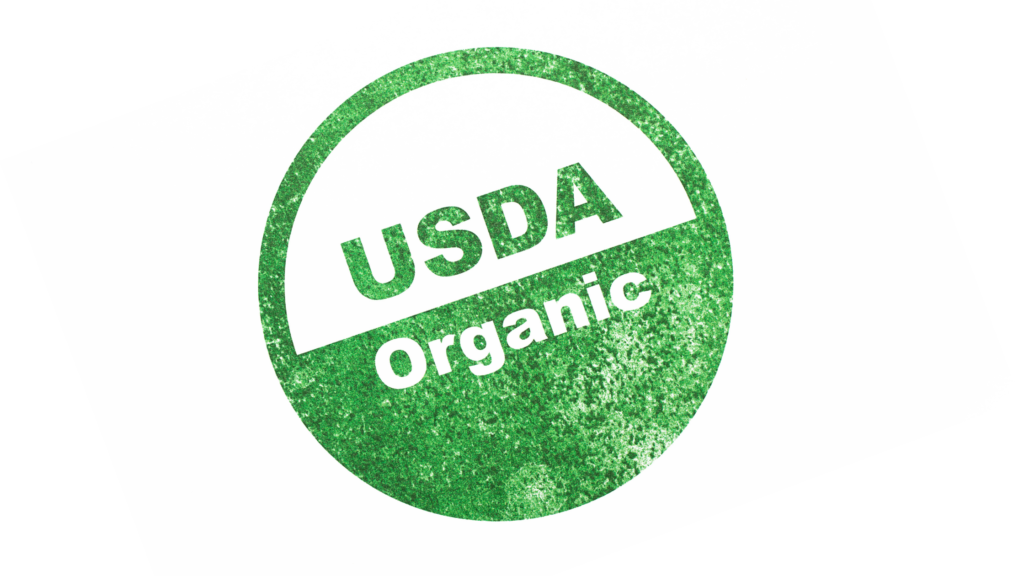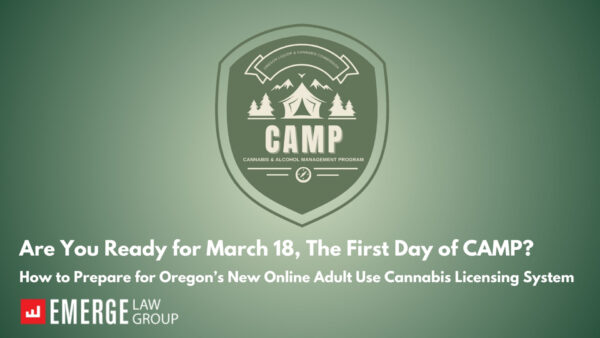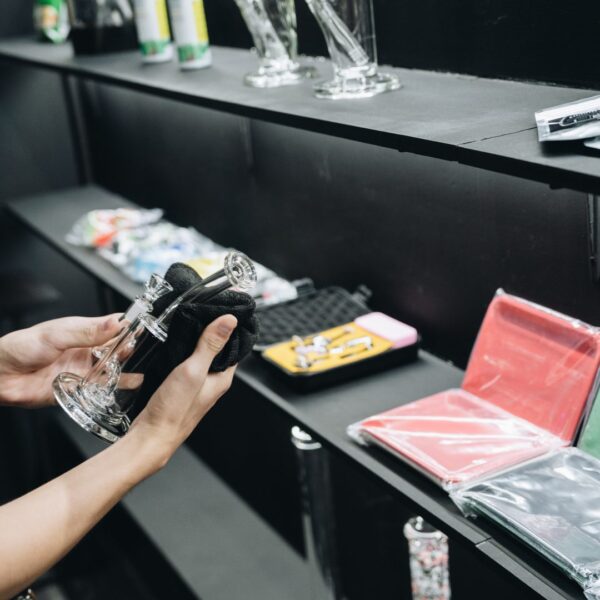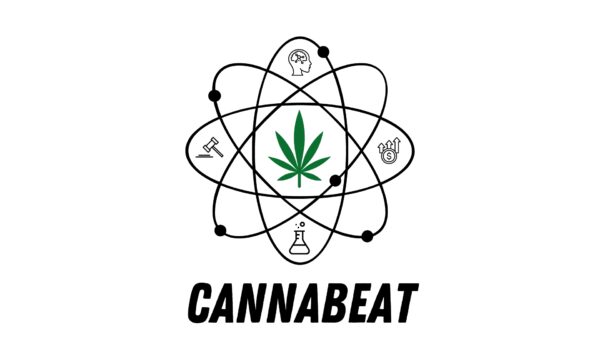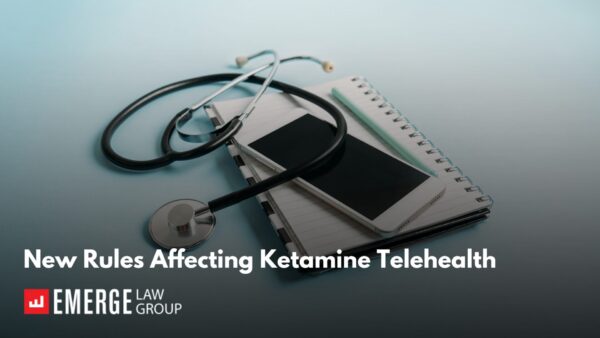Is there such a thing as organic marijuana? Like most things in the industry, the answer isn’t simple. Many cultivators use organic techniques. So yes, organic cannabis exists. However, can flower, concentrates, oils or edibles be marketed as organic? That answer is NO.
Federal Regulation of the Word “Organic”
Use of the word “organic” on agricultural products is regulated by the U.S. Department of Agriculture (USDA) under the Organic Food Production Act of 1990 (OFPA). Only agricultural products certified by approved agencies may be marketed as “organic”. Marijuana is considered an agricultural product under the OFPA, but the USDA will not certify marijuana as organic because the substance remains illegal under federal law.
“Organic” Marijuana Products
So where does this leave marijuana producers? Can a business name include the word “organic”? How can “organic” products be described to discerning consumers or sensitive medical patients seeking such products? Here are a few thoughts:
- Business Name – In August 2014, the USDA issued a statement to its various certifying agencies stating that business names containing the word “organic” do not inherently constitute a false or misleading statement. Therefore, technically you can use the word “organic” in a business name BUT it may not be practical to do so (see labelling below).
- Labelling – Remember, the key issue is to protect consumers by preventing false advertising and providing uniformity. Consequently, the USDA regulates how you can use “organic” in labeling products. There are two main product label parts: (1) the principal display panel (PDP); and (2) the information panel. The PDP portion of the package is the front, what consumers most likely see at the time of purchase. The information panel includes the list of ingredients contained in a product and other product information. We do not recommend using the term “organic” on the PDP for marijuana products. Therefore, if a business name includes “organic” it should not appear on the PDP. You may consider an assumed business name or branding product lines. However the information panel can be used to identify ingredients used in the product that have been certified organic.
- Alternative Terms – Businesses can use other words or phrases to describe their products. Alternative terms such as “clean”, “natural”, “local”, “whole” and “sustainable” are not regulated liked the word “organic”.
- Alternative Certification Programs – Lastly, there are alternative certification programs for the marijuana industry equivalent to organic certification. Currently two private companies have been created, Clean Green Certified and Certified Kind. Alternative certification costs approximately $1,800 to $2,000 per year. But remember, even with alternative certification, you cannot market products as “organic”.
Prior to the OFPA, organic food was regulated by the states. There were substantial differences in organic farm regulations from state to state. For example, by 1990 three states operated their own organic certification programs, four states used independent certification organizations, and fifteen states defined organic techniques but did not require certification. Organic farmers found the patchwork of state regulation to be confusing to consumers and lobbied Congress to pass federal law to provide consistent and uniform information to consumers and promote fair trade practice. My prediction is that states at the forefront of marijuana legalization will begin self-regulating, similar to the food industry. In fact, Oregon passed the nation’s first organic certification law in 1973. Maybe Oregon will lead the way again by developing marijuana industry standards.
